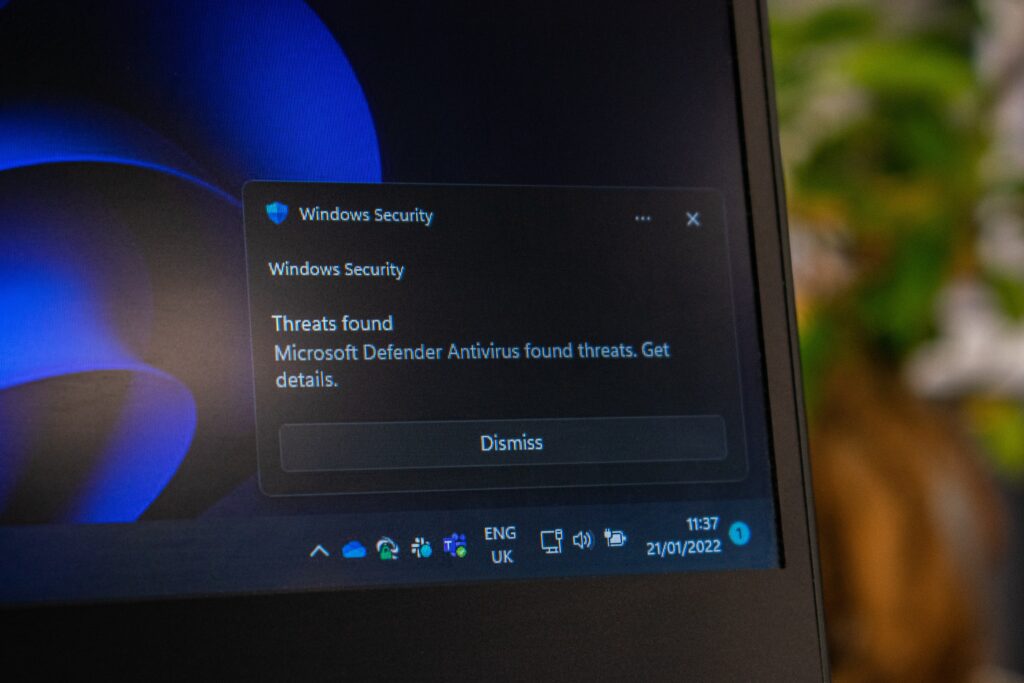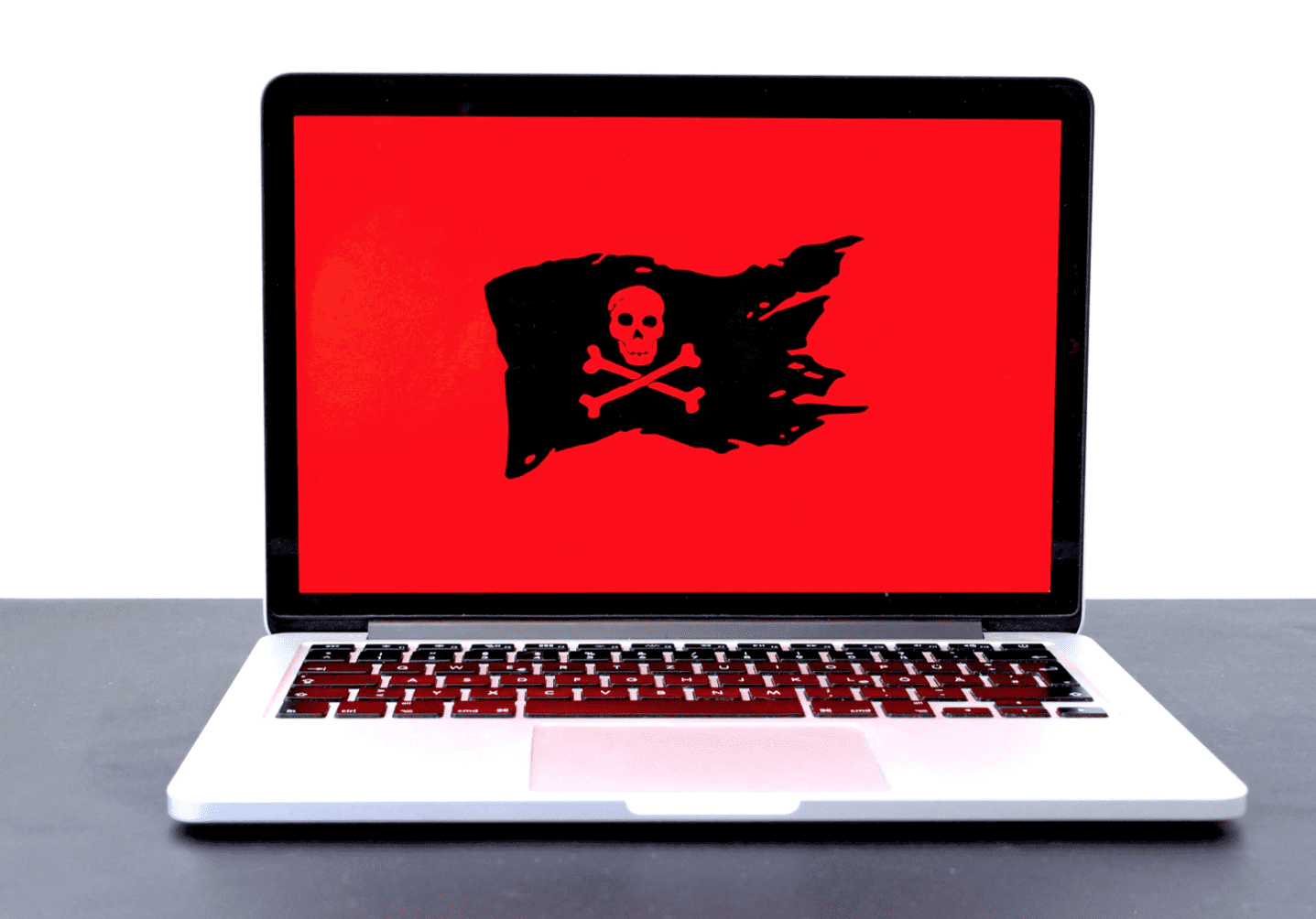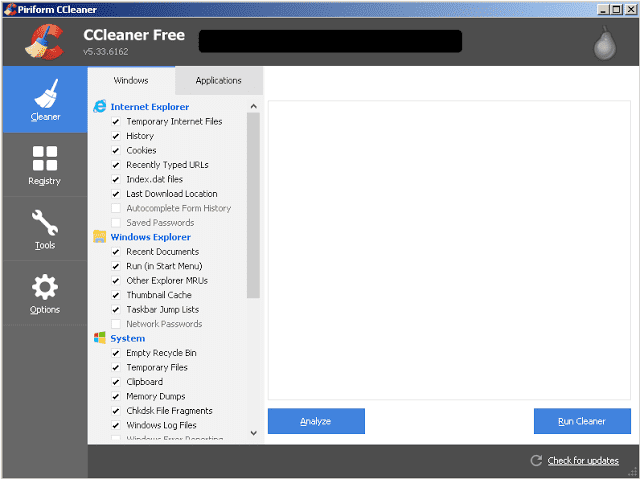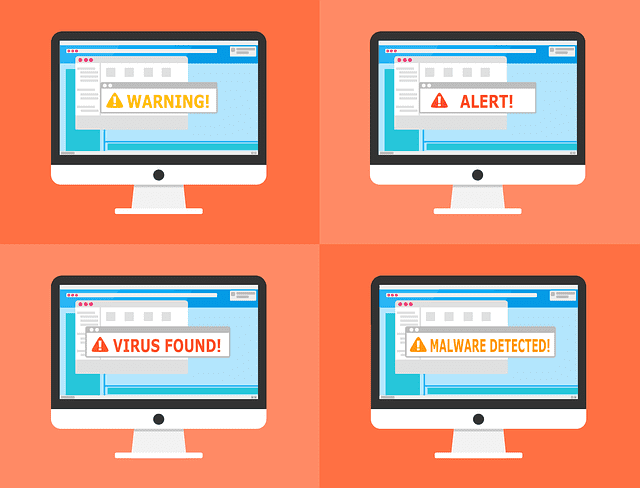Antivirus Problems?
Whether you’re a Nerd who’s adept at surfing the web, or an amateur who has yet to learn the ins and outs of it, a virus scanner is one of the most critical parts of your computer. If you don’t have a virus scanner, you should probably stop reading this article and go download Microsoft Security Essentials right now.
Back? Alright…Now, virus scanners are wonderful, but often a little paranoid. Back in 2010, McAfee’s virus protection had a glitch which caused it to register critical system files as viruses. So even though you have virus protection, you should probably double-check files that it marks as positive if you have any suspicion about them.
If your virus scanner happens to alert you to a file that you’re pretty sure is clean, you don’t have to take its word as the truth. It might just be a false positive. Now, there’s no 100% sure way to tell if something is a virus or not, but there are a few tips you can take to narrow it down. It’s probably even more accurate than diagnosing real viruses, so you can be pretty sure here.
Some virus scanners use a form of detection called heuristic analysis, which means that they analyze files that have never been seen as viruses before to see if they have code in them that could possibly create a problem. The only problem with this is that the code may in fact be legitimate. In the aforementioned McAffee security fiasco, the scanner identified critical Windows files as viruses and deleted them. Many users needed computer repair to recover from their anti-virus software.
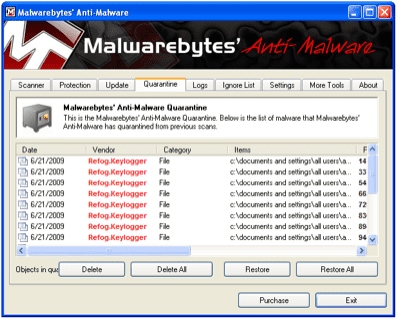
So if something like this pops up on your computer, and you’re not sure whether to delete the file that your virus scanner is telling you to delete, you can upload it to a website called VirusTotal to check. The process is pretty simple. You can do a one-time check via their website, or install their up loader in order to check any file simply via right-clicking the suspect file and running it through their database.
The final option for checking if a program has a virus is simply to contact the developers. You can tell them that your virus scanner identified the program as suspect and that you were wondering if this is a problem. If they’re legitimate, you will probably receive a personalized email back explaining the problem. If they’re not legitimate, you will probably receive either nothing or an email that further confirms your suspicions. If you get nothing, you can always just Google the program name and the word “virus” and see if others are having the same problem.
Fortunately, you shouldn’t have to go through these steps too often. They’re just precautions, but it never hurts to be informed!
Image copyright Malwarebytes

About The Author: Andrea Eldridge is CEO and co-founder of Nerds On Call, a computer repair company that specializes in on-site and online service for homes and businesses. Andrea is the writer of a weekly column, Nerd Chick Adventures in The Record Searchlight. She prepares TV segments for and appears regularly on CBS, CW and FOX on shows such as Good Day Sacramento, More Good Day Portland, and CBS 13 News, offering viewers technology and lifestyle tips. See Andrea in action at callnerds.com/andrea/.
